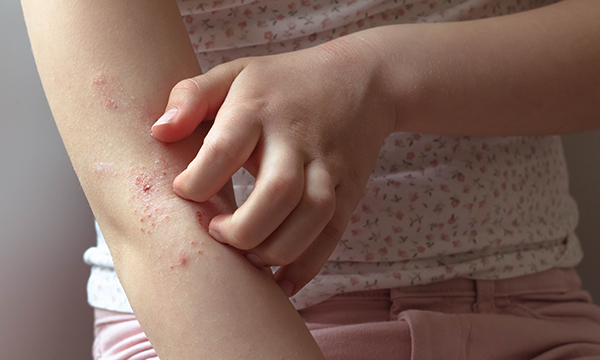Biological basis of child health 14: understanding the immune system, vaccines, allergy and disease

Resource
Exclusive quality-assured learning resource
Online

Available to RCNi Plus subscribers
Applicable for any nurse with an RCNi subscription
This article, the 14th in a series on the biological basis of child health, focuses on the immune system. It provides an overview of pathogens to which the human body is susceptible, some of the milestones in the embryological development of the immune system, and some of the mechanisms of innate and acquired immunity. The article explains the importance of immunisations and provides examples of immune system dysfunctions and autoimmune conditions that children may experience. It is essential that children’s nurses have an understanding of how the immune system develops, how it is structured and how it functions, since such knowledge will be relevant in the care of a range of conditions where nurses need to explain infection, inflammation and immune processes to children and parents.
Who is this resource for?
This resource is aimed at nurses and nursing support workers across all settings and levels of practice, including students of health, social work and care professions.

 ;
; ;
; ;
;